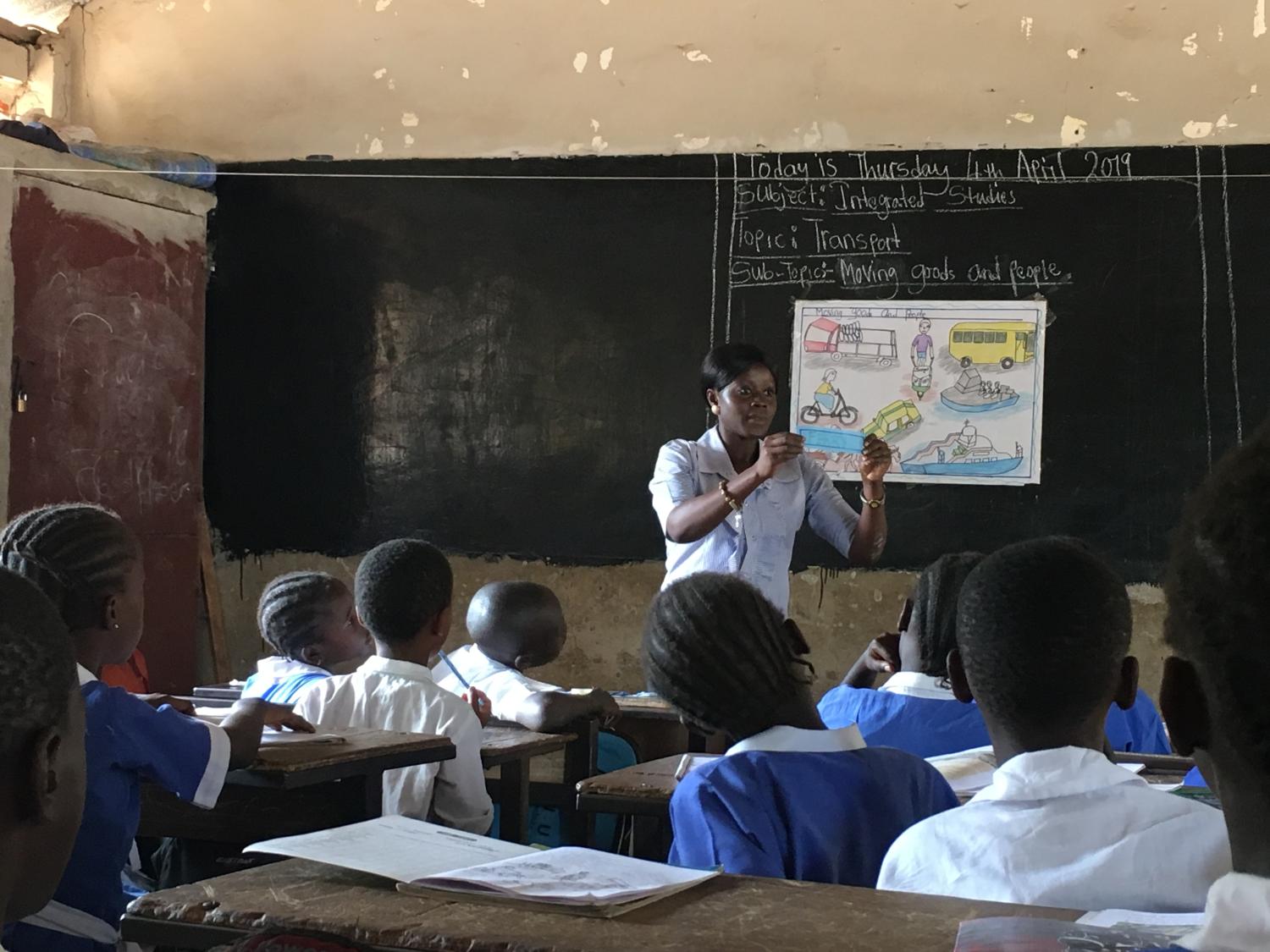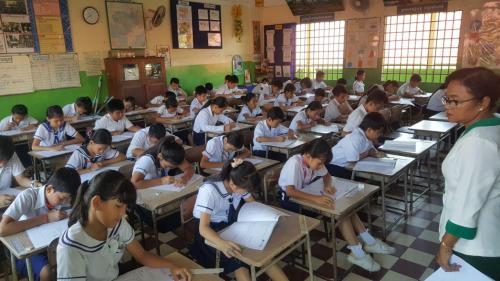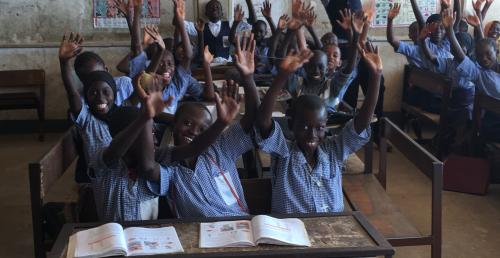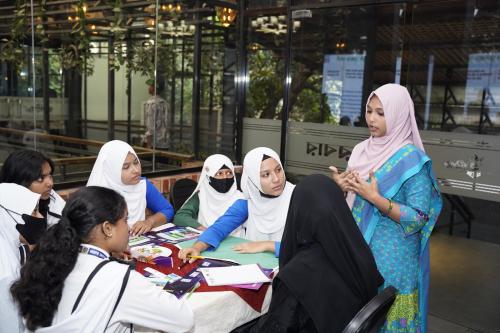This paper marks the third in a series of five reports detailing the work of the Optimizing Assessment for All project at Brookings to strengthen education systems capacity to integrate 21st century skills into teaching and learning, using assessment as a lever for changing classroom practices.
Twenty-first century skills (21CS) are now firmly entrenched as learning goals in education systems worldwide, but their actual implementation in teaching and assessment practices is lagging behind. With these learning goals—which prioritize how to get answers rather than just providing a correct response—we are facing new challenges and exploring new solutions.
The report
This report describes the collaborative activities undertaken by the Optimizing Assessment for All (OAA) project at Brookings with three countries—Democratic Republic of Congo, The Gambia, and Zambia—to design, develop, and use 21CS assessments. The mechanics of the activities are described in detail in order to illustrate the methods used in the project and by the countries.
The project was structured so that national teams from each of the countries could develop assessment tasks together at the regional level, as well as individually at the national level. The objective was to ensure that the national teams were confident in the usability of the developed tasks and in their ability to continue to develop tasks for their particular conditions, needs, and curriculum. The development process was undertaken through a series of workshops, usually convened in one of the participating countries so that the national teams had the opportunity to understand the conditions under which each was working. Between workshops, in-country development work took place, both within the national teams and with teachers from participating schools in each country. The collaborative approach and task development processes are described in this report—covering the workshops and in-country activities—and culminating in a pilot of the assessments across the countries.
As education systems increasingly emphasize the need for students to apply their learning, focus on 21CS has intensified. With relatively little assessment of 21CS in education, OAA has taken the stance that assessment in the classroom will provide the support needed for teaching in the classroom. Development of classroom assessments will provide grounded examples of what student learning practices in demonstration of 21CS look like, thus informing the development of tools for use at regional and national levels.
Cover photo credit: St. Peter’s Lower Basic School, Banjul, The Gambia
The Brookings Institution is committed to quality, independence, and impact.
We are supported by a diverse array of funders. In line with our values and policies, each Brookings publication represents the sole views of its author(s).








